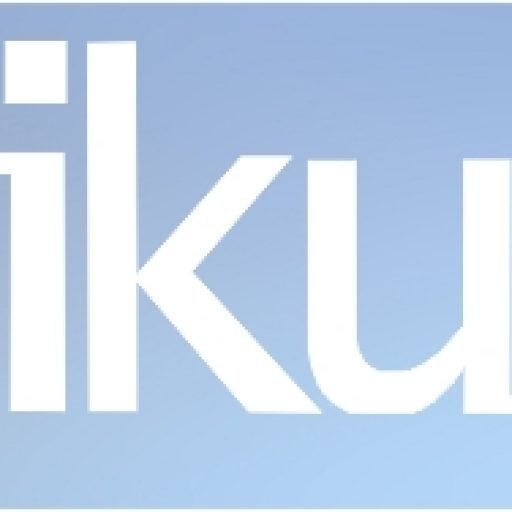 Biyobenzer pazarındaki büyüme (İng)
Biyobenzer pazarındaki büyüme (İng)
U.S. to contribute to ‘rapid’ biosimilar market growth through 2023, study finds
Report forecasts global $2.445 market this year
May 7, 2013 | By Alaric DeArment
LONDON — The global market for biosimilars will be worth nearly $2.5 billion this year, according to a new study.
The study, by British market research firm Visiongain, forecast that the $2.445 billion market size marked more than 20% of growth from 2012 and would account for about 2% of the overall market for biologics. The market is expected to grow rapidly through 2023 as biosimilars hit the market in the United States and European Union.
The fastest growth will be in biosimilar monoclonal antibodies and insulins, and two products submitted for regulatory approval in the European Union last year by Hospira and Celltrion are expected to launch there next year, according to the report. Meanwhile, the launch of biosimilar erythropoietin and filgrastim products in the United States will drive growth starting next year.
“Many companies are interested in entering the biosimilars market. These drugs offer a simpler way to launch biopharmaceuticals, compared with developing novel biologics,” Visiongain pharmaceutical market analyst Richard Lang said. “Big pharma companies, such as Pfizer, Merck & Co. and Boehringer Ingelheim, have invested in this area in recent years. Many of these companies are focusing on biosimilar monoclonal antibody development – those three companies have clinical-stage candidates in that sector.”
While the European Union has had a regulatory process for biosimilars for some time, the United States did not have one until the 2010 passage of the Patient Protection and Affordable Care Act, which enabled the Food and Drug Administration to approve biosimilars along an abbreviated regulatory pathway similar to, but more complicated than, the one for generic pharmaceutical drugs. The FDA still has to draft specific regulations before it can begin approving the products, which has prompted some companies to seek approval for biosimilars using the same process as the one for branded biologics. The agency did approve Omnitrope (somatropin), a biosimilar growth hormone made by Sandoz, in 2004 under a special application; Omnitrope is biosimilar to Pfizer’s Genotropin. Emerging markets have been leaders in biosimilars, particularly China and India, while the United States, European Union and Japan accounted for 20% of the market last year.
